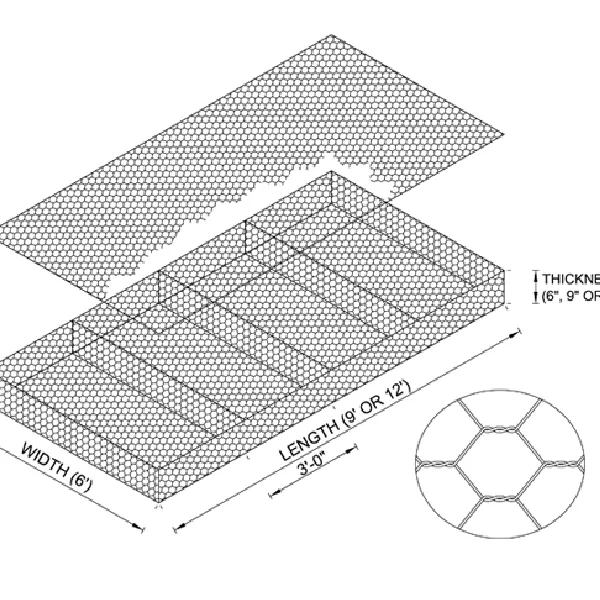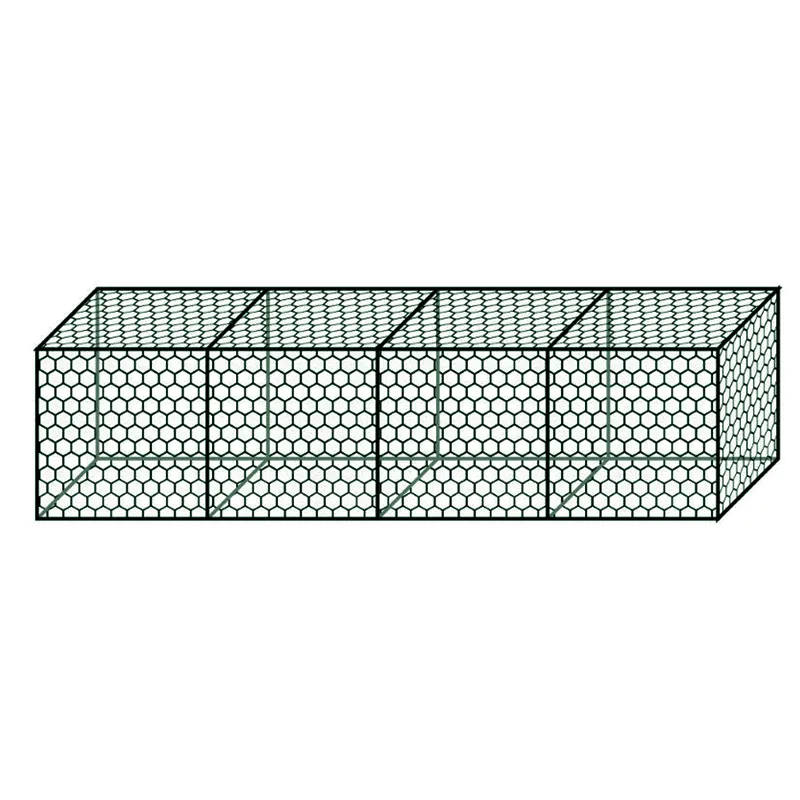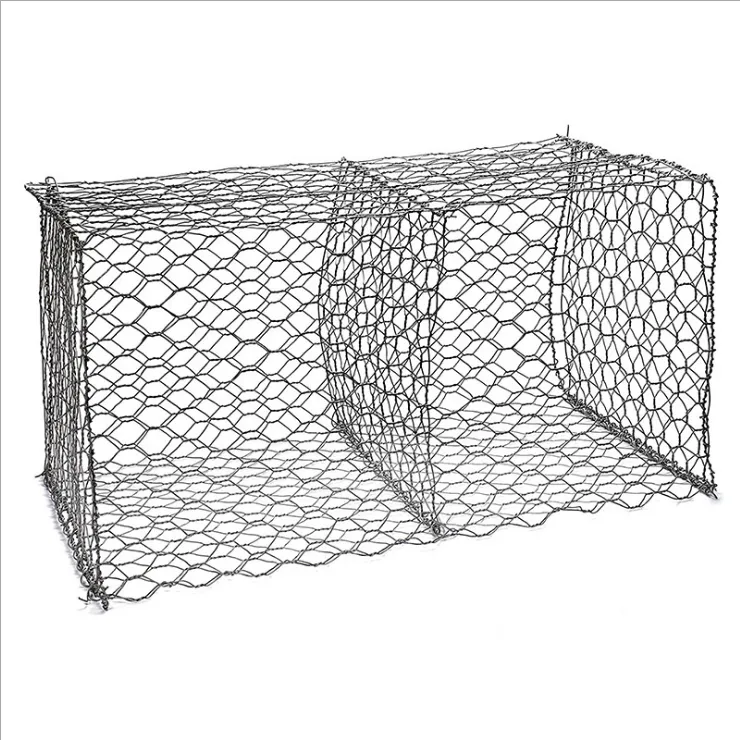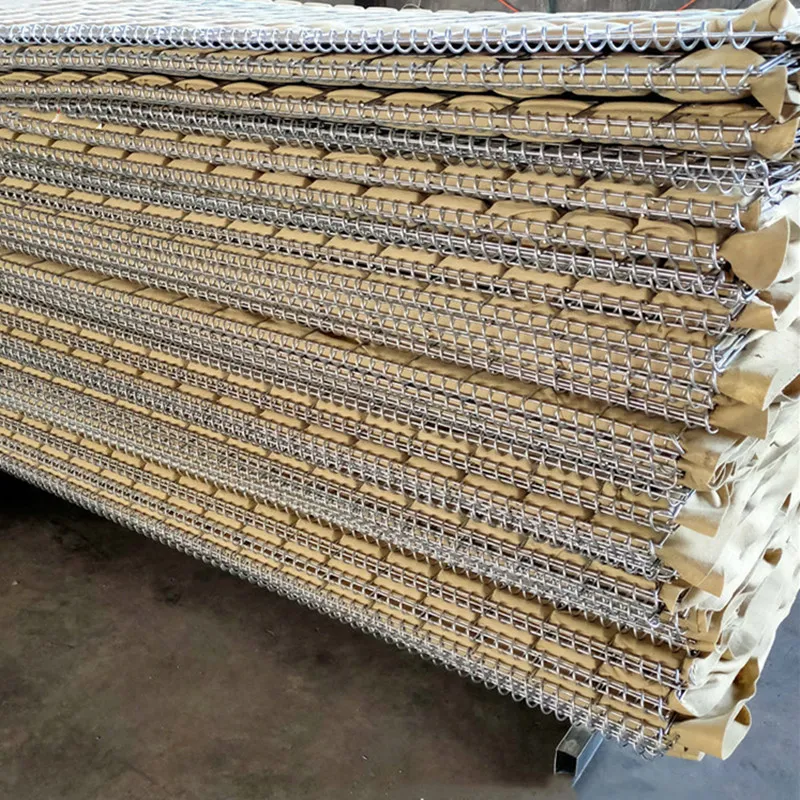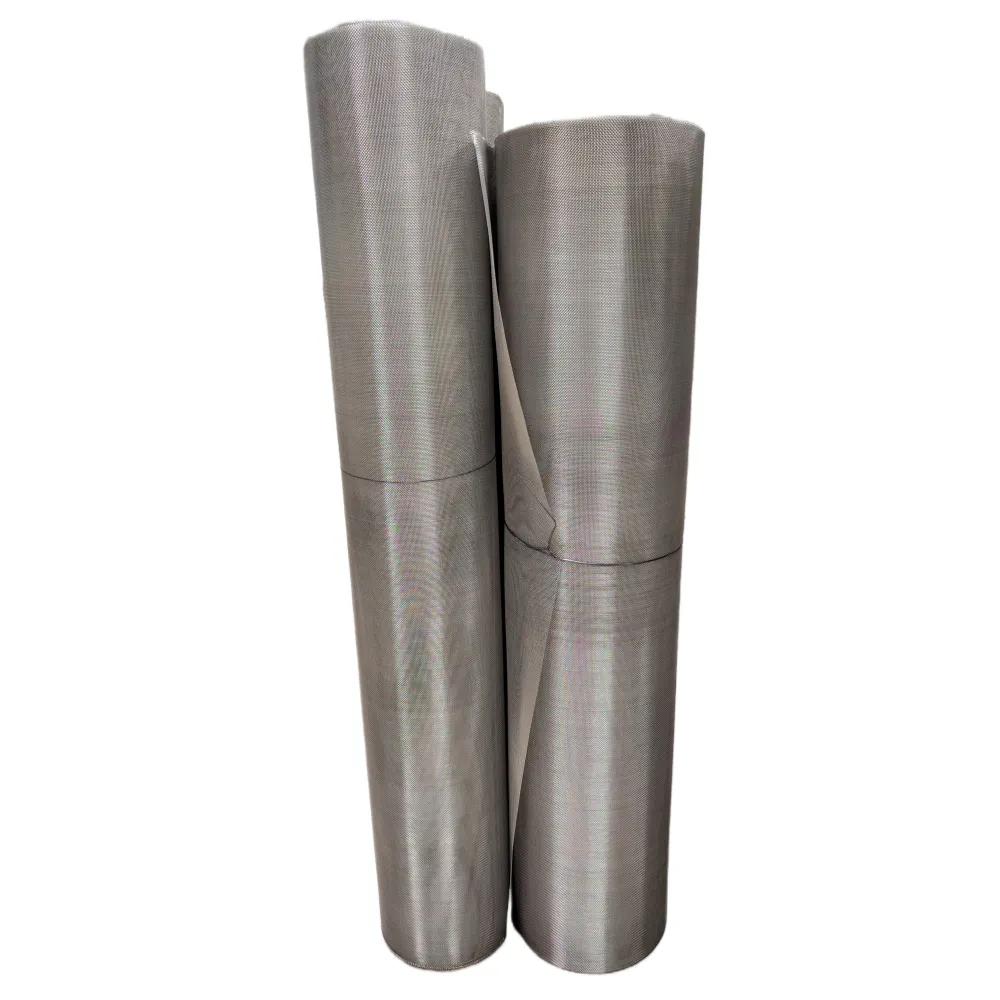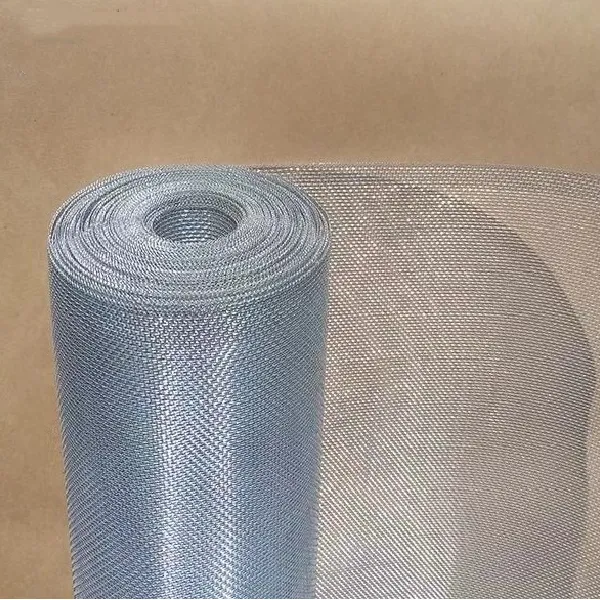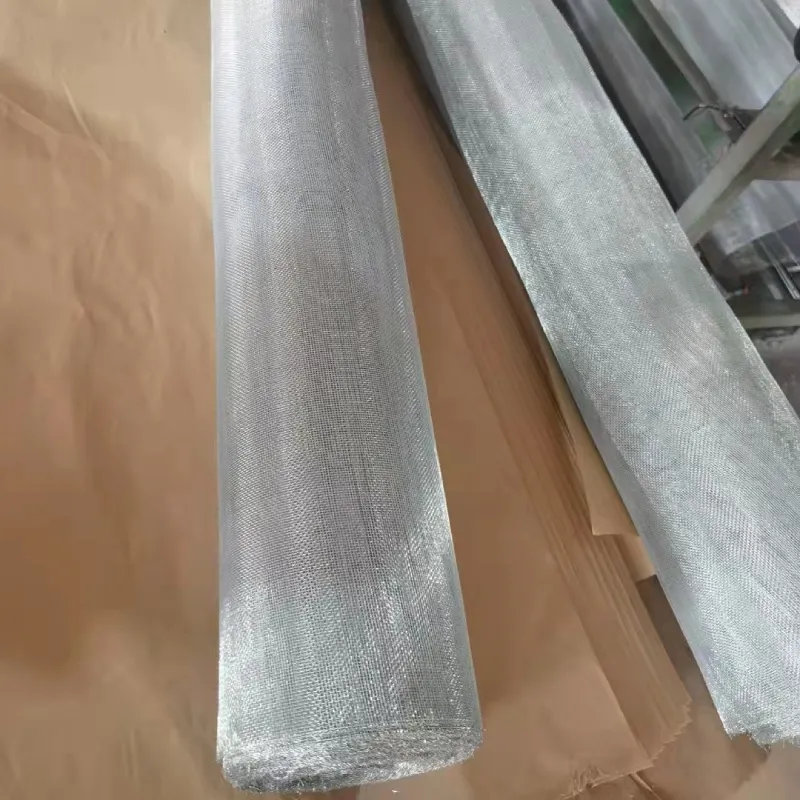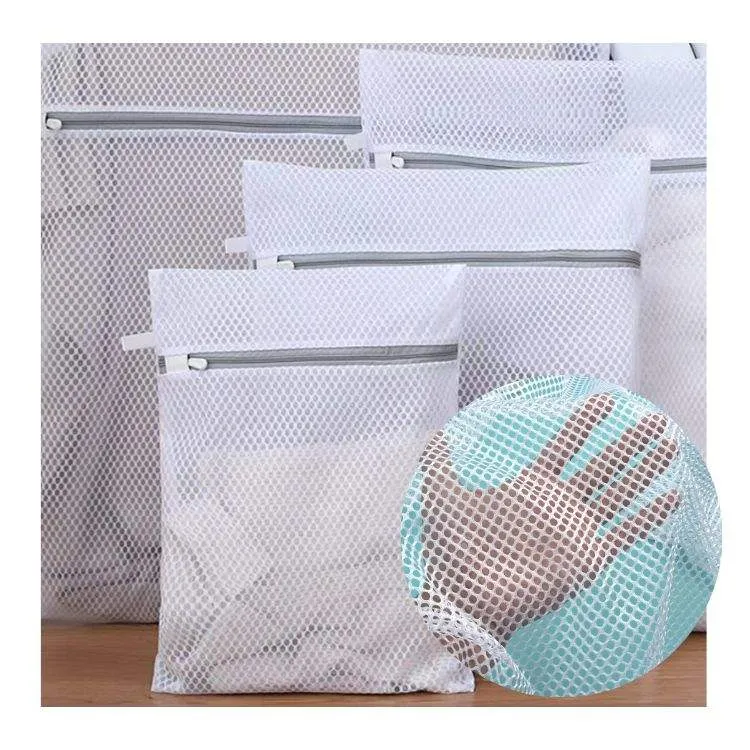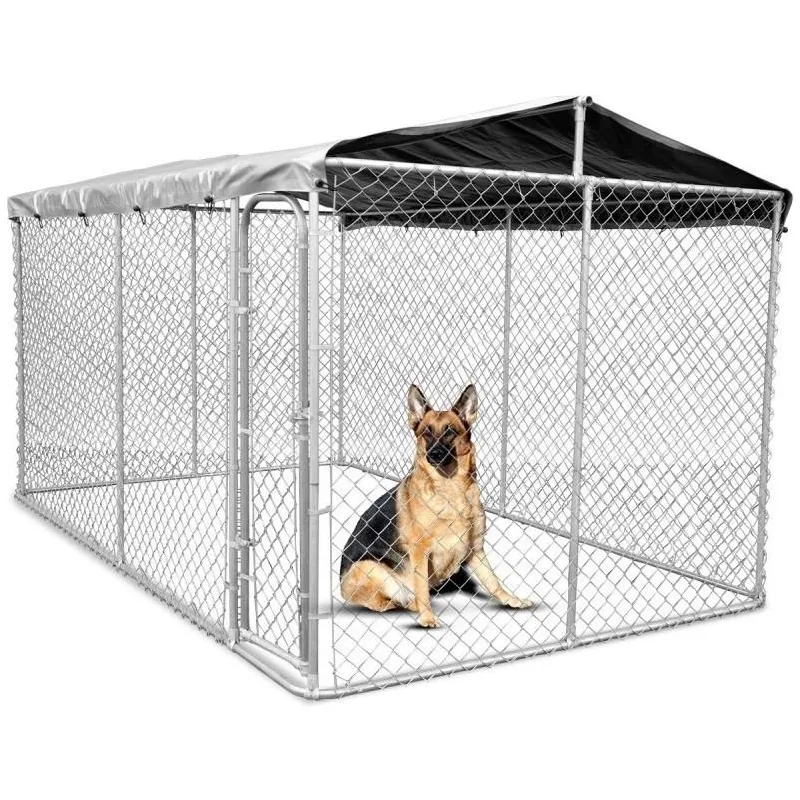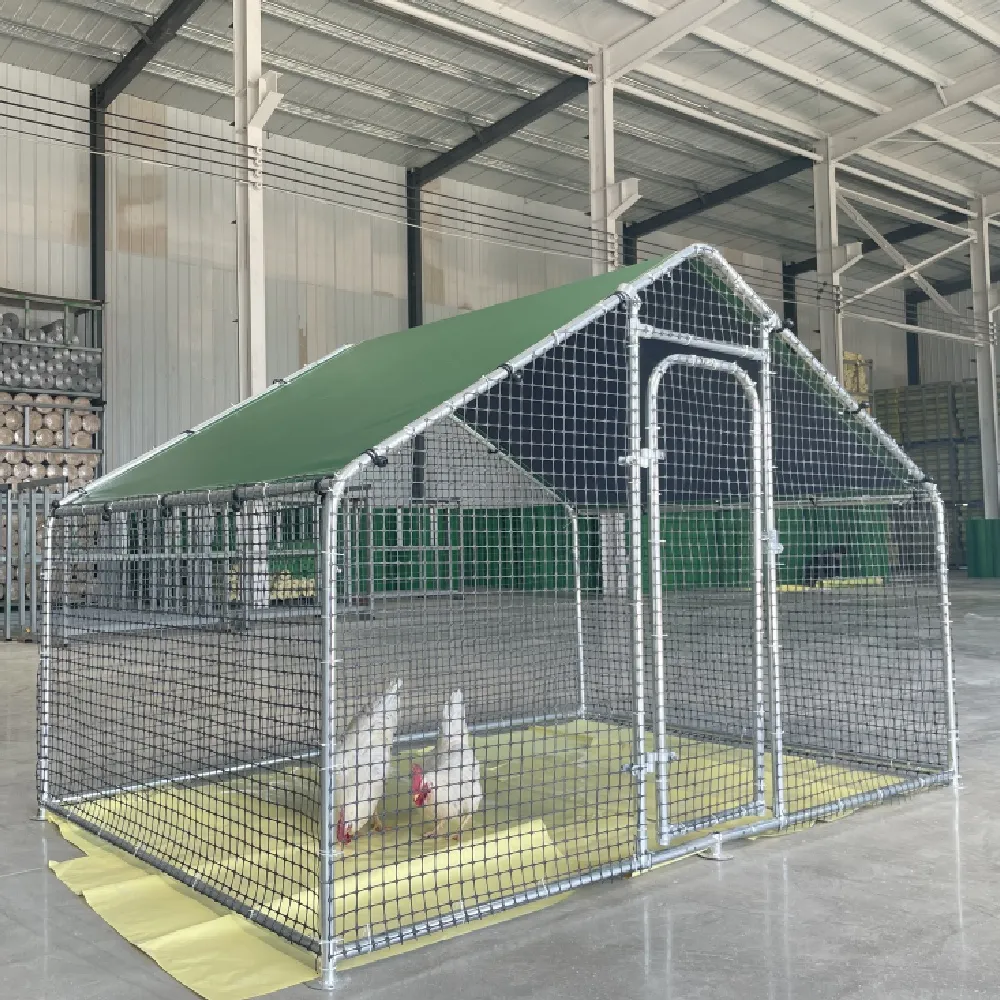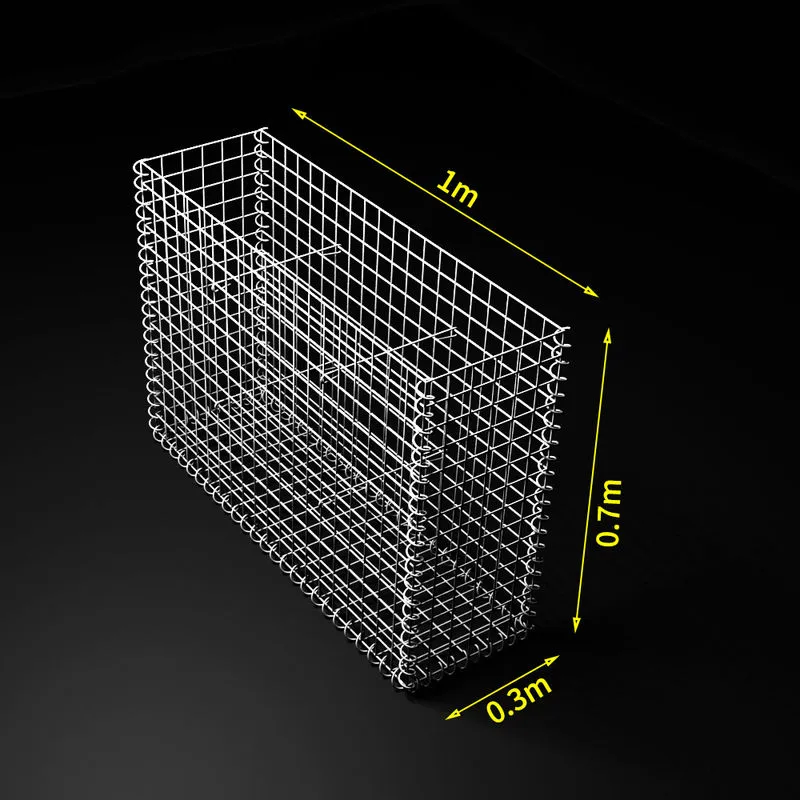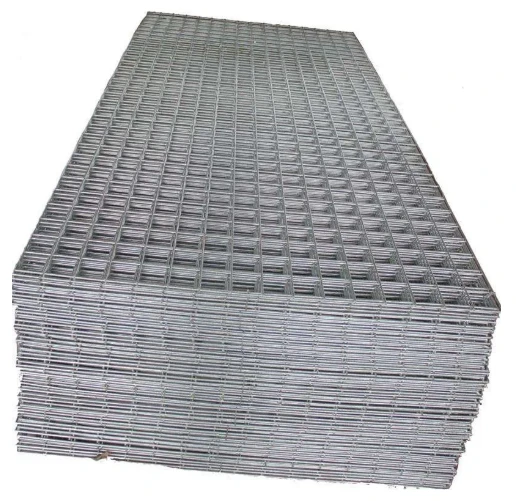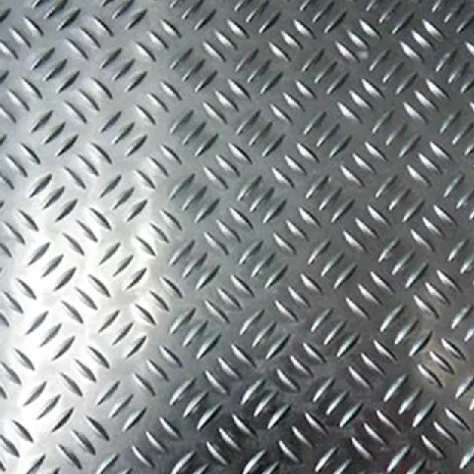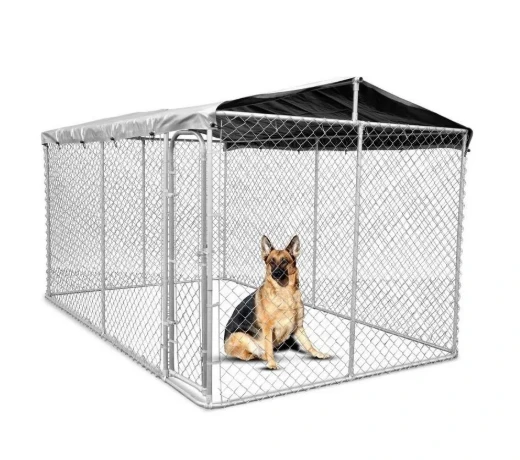- Introduction: Defining Galvanized Steel Wire and Key Metrics
- Material Science: Technical Superiority of Zinc-Coated Steel Wire
- Market Analysis: Pricing Structures and Industry Benchmarks
- Manufacturer Comparison: Performance Data Across Top Suppliers
- Precision Engineering: Custom Gauge and Application Solutions
- Industry Case Studies: Deployment in Demanding Environments
- Implementation Guide: Selecting Optimal Specifications
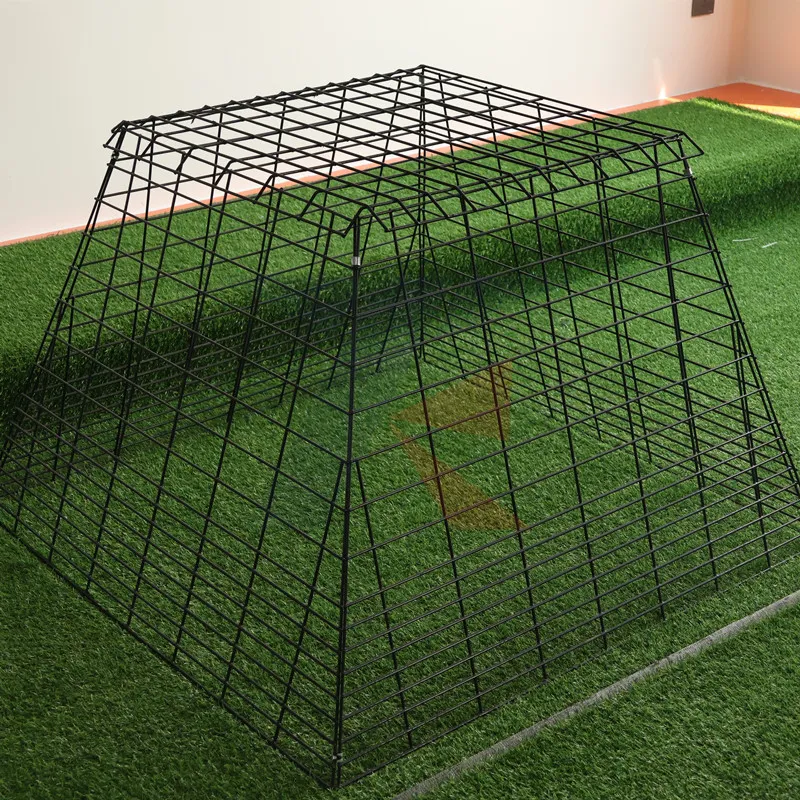
(galvanized steel wire)
Understanding Galvanized Steel Wire Fundamentals
Galvanized steel wire undergoes a metallurgical process where zinc coating is applied to carbon steel wire substrates through continuous hot-dip galvanization. This creates a dual-protection barrier against oxidation and mechanical wear. Key measurements like gauge galvanized steel wire
thickness (ranging 8-36 AWG) and zinc coating mass (typically 30-350 g/m²) determine application suitability across industries. The galvanized steel wire price per kg fluctuates between $0.85-$1.90 depending on zinc market prices and coating thickness. Recent ASTM A641 standards now require minimum zinc density of 0.80 oz/ft² for Class 3 coatings used in marine applications.
Scientific Advantages of Zinc-Coated Construction
The electrochemical properties of zinc provide sacrificial protection that extends service life 3-8 times longer than untreated wire. Corrosion resistance testing shows:
- Salt spray resistance: 500-1,500 hours (vs 72 hours for non-galvanized)
- Hydrogen embrittlement resistance: >90% ductility retention
- Coating adherence: Withstands 4x ASTM B571 bend tests
Tensile strength ranges between 350-1,750 MPa depending on carbon content, while maintaining consistent elongation properties from 8% to 22%. High-grade formulations enable operational temperatures from -40°C to 150°C without performance degradation.
Market Dynamics and Cost Structures
Global demand for galvanized steel wire grew 4.7% annually since 2020, reaching 28.3 million metric tons in 2023. Pricing exhibits regional variations:
Regional galvanized steel wire price per kg:
- North America: $1.22-$1.67/kg (12-14 AWG)
- EU: €1.08-€1.53/kg (ISO 8458-2 compliant)
- Asia: $0.88-$1.35/kg (JIS G 3542 standard)
Raw material costs constitute 68% of pricing, with zinc premiums contributing 23% to total production expense during 2023's LME volatility. Industry benchmarks project 6-9% price stabilization through 2025.
Manufacturer Performance Comparison
| Supplier |
Tensile Strength (MPa) |
Zinc Coating (g/m²) |
Pricing ($/kg) |
Lead Time (days) |
| Beta Steelworks |
1,200-1,450 |
245 |
1.45 |
14 |
| Omega Metals |
1,050-1,380 |
190 |
1.28 |
21 |
| Alpha Wire Group |
1,380-1,750 |
320 |
1.82 |
7 |
| Gamma Industrial |
950-1,220 |
150 |
0.97 |
30 |
Top-tier suppliers maintain zinc bath temperature controls within ±5°C during continuous galvanizing, directly correlating to coating uniformity. Independent testing showed Alpha Wire Group's marine-grade samples exceeded 1,200 hours salt spray resistance - 33% beyond industry standard.
Custom Specification Engineering
Precision gauge galvanized steel wire solutions are engineered for specialized applications:
- Agriculture: 14 AWG high-ductility wire (18% elongation) with 120 g/m² coating
- Bridge Cables: 8-10 AWG high-tensile (1,550 MPa) with 300 g/m² sacrificial zinc
- Automotive Springs: Cold-drawn 20-24 AWG with 60 g/m² micronic coating
Post-galvanization treatments include chromate conversion coatings that boost corrosion resistance by 35% and powder coating options that deliver maintenance-free service exceeding 25 years in temperate climates. Tolerances of ±0.05mm are achievable for precision medical applications.
Documented Industrial Applications
Case studies demonstrate performance:
Offshore Wind Farm (North Sea): 3 million linear meters of 12mm galvanized wire rope recorded 0.003% annual corrosion loss despite 8m/s salt spray exposure.
Automotive Manufacturing: Implementation of custom 28-gauge galvanized steel wire springs reduced assembly failure rates by 72% while achieving weight savings of 18kg per vehicle chassis.
Vineyard Trellising: High-carbon (0.85% C) 14-gauge wiring increased operational lifespan to 15 years compared to 4 years for standard products, reducing replacement costs by 63% per kilometer.
Selecting Galvanized Steel Wire Solutions
When specifying gauge galvanized steel wire, prioritize zinc coating density per ASTM A641 rather than base cost. Industrial users should validate:
- Third-party test reports verifying coating mass uniformity
- Batch traceability throughout the production cycle
- Mill certifications confirming mechanical properties
Leading infrastructure projects now demand 20% additional sacrificial zinc thickness beyond minimum standards for critical tension applications. The galvanized steel wire market continues evolving with aluminum-zinc alloy coatings showing potential for 400% longer service life in coastal environments.

(galvanized steel wire)
FAQS on galvanized steel wire
Q: What is galvanized steel wire used for?
A: Galvanized steel wire is primarily used for corrosion resistance in outdoor and marine applications. Common uses include fencing, suspension bridges, and agricultural netting. Its zinc coating prevents rust in harsh environments.
Q: How does wire gauge affect galvanized steel wire selection?
A: The gauge galvanized steel wire determines its thickness and tensile strength. Lower gauge numbers indicate thicker wires suitable for heavy-duty purposes like structural cables. Always match gauge specifications to your project's load requirements.
Q: What factors influence galvanized steel wire price per kg?
A: Galvanized steel wire price per kg fluctuates based on zinc market prices and manufacturing costs. Diameter (gauge), zinc coating thickness, and order volume also impact pricing. Global supply chain dynamics contribute to daily price variations.
Q: Why choose galvanized over stainless steel wire?
A: Galvanized steel wire offers similar corrosion protection to stainless steel at lower cost. It's ideal when extreme temperatures or chemical exposure aren't primary concerns. The economical zinc coating provides sufficient protection for most industrial applications.
Q: How is gauge measured for galvanized steel wire?
A: Gauge for galvanized steel wire follows standardized measurement systems like AWG (American Wire Gauge). Thickness decreases as gauge numbers increase - e.g., 10 gauge is thicker than 16 gauge. Manufacturers provide gauge charts correlating numbers with exact diameters in millimeters or inches.




